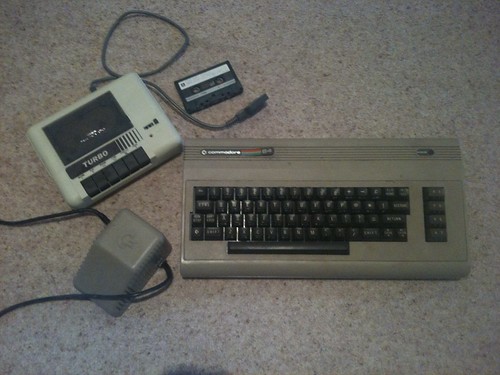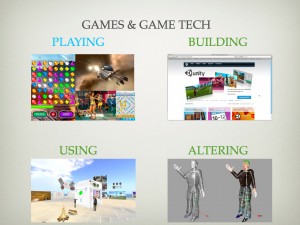This title People used to shun games now they ‘tion them is something I tweeted to @TheKevinDent when he was riffing on the use of games being referred to as gamification by adding fication to common task was doing. I was joining in identifying that there is a rush towards games being acceptable, yet at the same time treated as a bandwagon. For some people the very idea that you can just slap a game in the process will solve their inadequacies of product, sales, management, HR policy etc continues to put games down as somehow an add on and not a integral part of life. The same happens with technology, anyone who is a techie will know how ever expert they get, however they diversify at some point they will be handed a broken phone or laptop by someone not skilled in the art and asked to fix it to prove themselves. Very few other professions (with the exception of being a comedian) are you asked to perform some party trick to prove you know what you are doing in this way. You don’t sit at a table with a banker and say oh go on just bank will you.
The commodity of games is being asked in some inappropriate places to “go on tell us a joke and make us laugh”. However, I am not totally against gamification as is does herald a moving on in understanding of something that was very much a quirky area for those of us who were early adopters.

This year is the 30th anniversary of the Commodore 64, I still have mine as you can see above. The Independent had a good article on Flight of the Commodore: How the iconic computer led to a golden age of geeks and to see things like attack of the mutant camels getting a mention once again certainly took me back to a magical time. Don’t get me wrong loading from a tape deck was a right pain, the games were simple yet elegant, but we did have that direct connection with the environment to be able to make new things. This, and the zx81 I had before shaped who I was to become and how my career, however bizarre, has evolved. Hence great fondness, and also a willingness to let another generation grow and learn from that.
There are some elements to what you might call gamification, that diverge from just adding badges to things. (I still maintain business is a game anyway, people use piles of money and positions on the corporate ladder to measure success or failure).
In many of my talks now I end up in this sort of territory and seems to boil down to the fact that games are not just an end product of a manufacturing process. In the c64 days people wrote games, we loaded them and played them, or we wrote our own. There was not the capacity to use an existing game as a platform for something else.

Playing games was the thing that people shunned. Play being regarded as a frivolous lack of work. That of course can still be the case but we know with the advances in the sort of games that exists that playing and rehearsing, experiencing things virtually all add to our human experience.
For the more serious minded, building games. It is strange that many computer scientists and software engineers still think that because the end product is colourful and things moves and lights flash that the level of engineering in games is not worthy. That is of course utter tosh. It is totally driven by the view of an end user and not liking the end product for whatever reason, usually few of exhibiting sub standard performance in front of someone skilled in the game. It is the path of building games that let us excite the next generation of software engineers. Kids play games and they DONT think they are a wast of time and pointless. i.e. they are the same as we were in the 80’s on our c64, “wow that’s cool I wish I could do that”
Luckily the world has also evolved to allow us to not just be either a player of a game or a builder of a game. Tools, games styles, application of game technology have provided all sorts of toolkits in games that let anyone create things, share things and make things happen. Some of these are just simple customisations, the sort that lend themselves to brand involvement (let me were my Nike tshirt in the game). Others are expressions of deeper creativity, painting cars in Forza4. There are even the much deeper technical challenges, building complex logic machines in Little Big Planet to create game levels. It is these elements that really look like the future of games in places where games would not normally tread, probably more so than badges and loyalty points. It is about deep engagement with ideas, brands, people etc across multiple places and platforms including the physical world. It is also very much about people being able to adjust build and mash together as they see fit.
It is Maker Culture
So it is good that the future for games is good, it is woven into society and will help us level up our kids if we think about it and use them wisely. (Oh and still enjoy a good frivolous play aswell!)

Leave a Reply